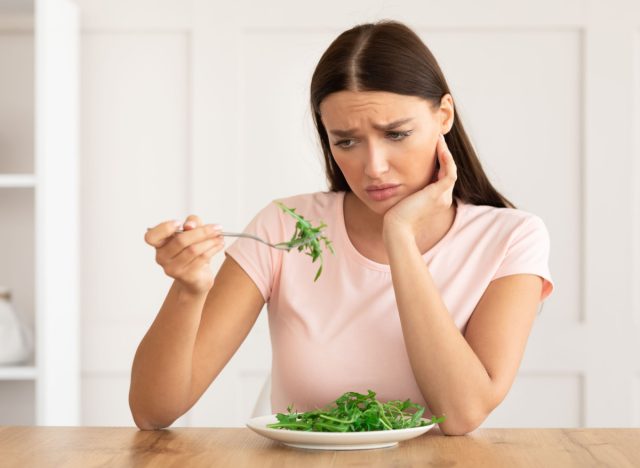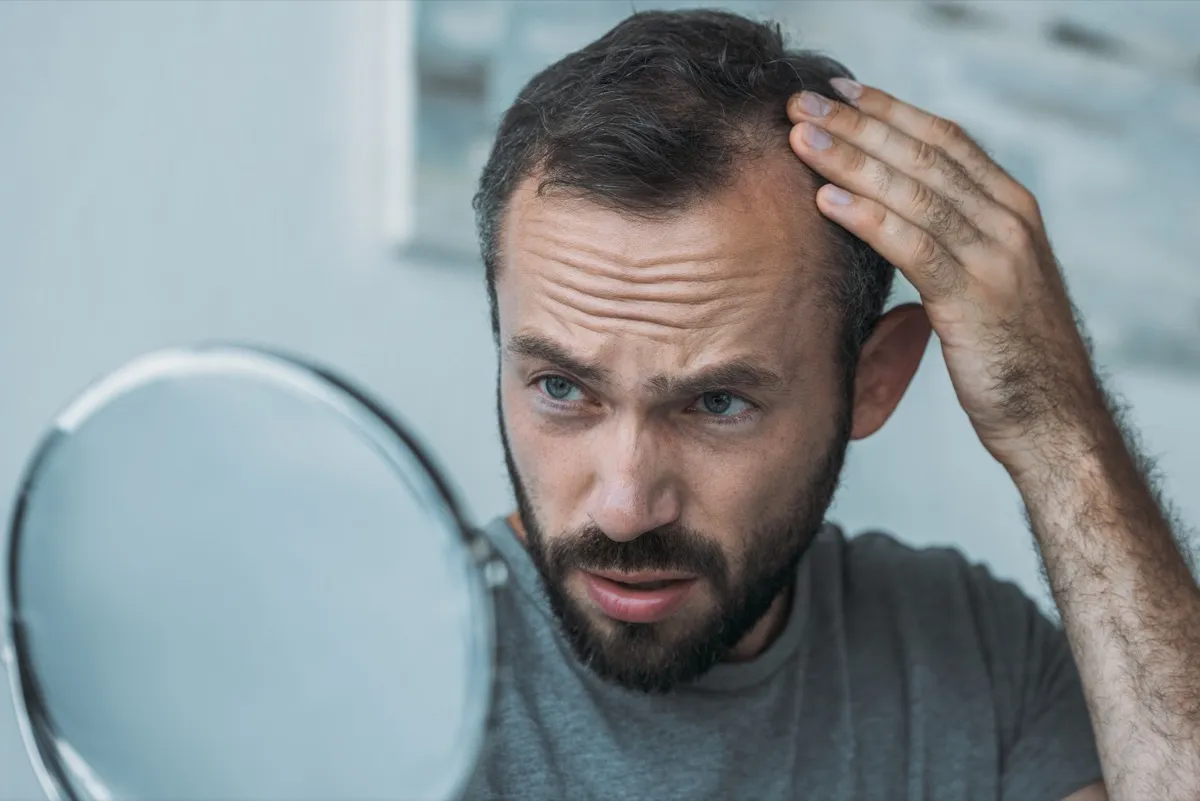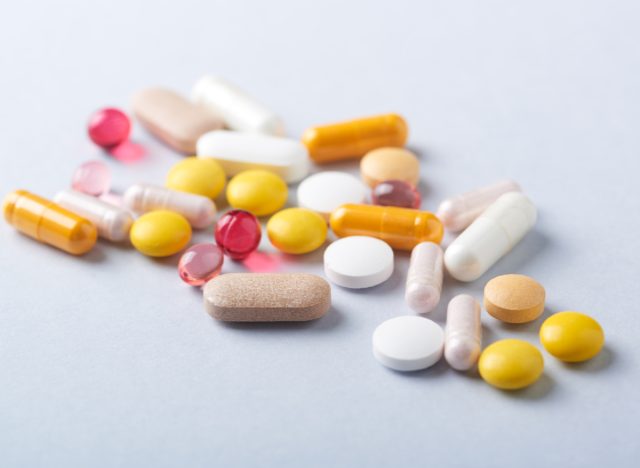Let’s know ‘The 5 Worst Eating Habit For Hair Loss’ Hair loss can be caused by a variety of factors, some of which are inherited and others that are lifestyle-related.
Our daily lifestyle decisions, such as our dietary habits and vitamin consumption, can all be changed in ways that can help lower the potential risk of hair loss, even though we may be powerless to change our inherent qualities.
In the past, studies have linked poor nutrition, vitamin, and mineral intake, and hair loss, noting that the more successful these factors can drive normal cell formation and performance, the more promise for treating hair loss there is.
Even the finest diet may not always be able to overcome heredity, as there is still much to understand about the precise impact nutrition may play in hair loss and thinning. Any attempts to enhance receding hairlines or revive luscious locks to their former glory run the risk of being undone by poor eating habits.
It is beneficial to adopt a balanced diet to support the health of your hair. Here are five unhealthy eating habits that may result in hair loss to assist you in avoiding them so you can concentrate on the good. Check Out The 5 Worst Eating Habit For Hair Loss:
Calorie restriction

One of the adverse consequences of consistently consuming much fewer calories than you burn off could be hair loss. Your body is fuelled by calories, from daily activity and exercise to the power required to create hair follicles. Each of us has a minimum daily calorie need that must be met. If your intake is much below this, many different biological systems may be in danger.
In fact, it has been shown that restrictive eating patterns like crash dieting can cause adverse effects including hair loss. Even if the connection between energy intake and hair loss may not be entirely understood, a low-calorie diet’s lack of nutrient intake may be to blame.
Zinc deficiency
More than 100 enzymes depend on the mineral zinc to perform their tasks. It aids in the maintenance of the immune system, DNA synthesis, tissue repair, and protein synthesis. A zinc shortage can manifest in the body in many different ways due to these roles. Alopecia, or hair loss, is a well-known consequence of zinc deficiency, perhaps as a result of zinc’s function in the synthesis of proteins. Fortunately, zinc supplementation after hair loss due to a deficit seems to help with hair regrowth.
Inadequate dietary protein
It is possible that protein intake is also insufficient when calorie intake is insufficient to maintain essential bodily activities and energy requirements. Protein can help in tissue growth, maintenance, and repair in the body, including hair. This macronutrient also affects the body’s fluid and pH levels. The primary type of protein that gives hair structure is keratin, which is created in part from the protein in your diet. If dietary protein consumption is insufficient to maintain healthy hair growth, it’s probable that hair quality will suffer and hair loss will become more likely.
Over-supplementation
Hair loss can result from a lack of calories and nutrients in the diet, as well as from over-supplementation. Hair loss and other toxicity-related issues have been connected to consuming excessive amounts of selenium, vitamin A, and vitamin E.
According to one study that mentions this adverse effect of over-supplementation, taking too many nutritional supplements is not advised in the absence of a deficiency. In light of this knowledge, it is best to consult your doctor and have blood tests reviewed before using supplements in an effort to stop hair loss.
Iron deficiency
Iron is a mineral that the body uses for a variety of purposes. Its most well-known function is supporting healthy blood and helping red blood cells (RBC) transport oxygen throughout the body. When an iron deficiency is severe enough, it may affect the RBCs’ capacity to deliver oxygen to tissues, including hair, and tissues in general. A 2013 study that examined the link between iron deficiency and hair loss found that female pattern hair loss may be more affected by iron than male pattern hair loss.
Less than 23% of the men in this study also had low iron levels, despite the fact that they also lost hair. According to this study, those who are balding may benefit from having their blood iron levels checked.








